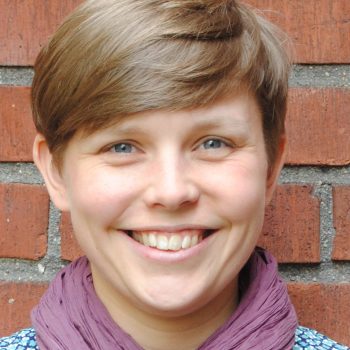PhD project: Removal of organic micropollutants at Swedish WWTPs
This is the PhD project of Maja Ekblad. Maja is an industrial PhD student at Sweden Water Research and Lund University.
PHD PROJECT Organic micropollutants, such as pharmaceutical residues, end up in our environment after they are flushed out in our toilet water. The wastewater treatment plants (WWTPs) are, in most cases, not designed to handle these substances and therefor they are released into the environment with the treated wastewater. Depending on the what substances are present in the water and in what concentrations they are found, they may pose a risk to the animals and plants living in our waters. We can improve the condition of our lakes, streams and oceans by expanding our WWTPs and building treatment targeting these substances.
The aim of this PhD project has mainly been to evaluate ozonation as a possible technology to implement at Swedish WWTPs, how to optimize this treatment for Swedish conditions, and investigate what parameters influence the removal efficiency of the organic micropollutants. This has been done through pilot-scale testing using four different pilot plants at 14 WWTPs in southern Sweden. A study focusing on the driving forces behind the evaluation and implementation od so called advanced treatment have been conducted. Representatives from Swedish wastewater utilities have been interviewed on their work, what driving forces they see as important for this work, what holds them back, and their views on the technologies available on the market today.




